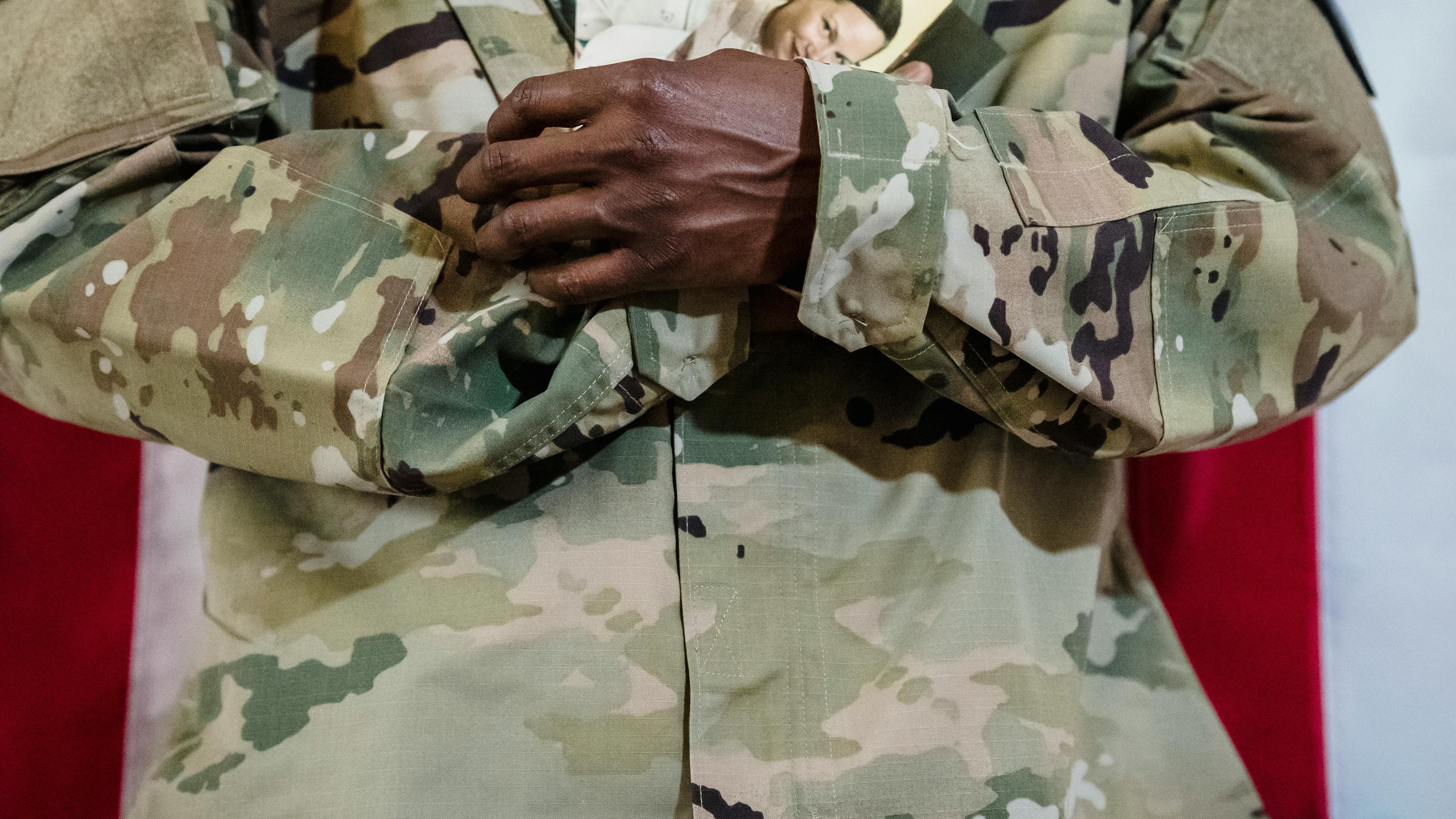
Leadership Mistakes: Subtle Yet Damaging
In the realm of leadership, the most concerning failures often hide in plain sight. While we are quick to study the high-profile rises and falls of powerful leaders like Caesar or Napoleon, the more pervasive threats lurk in quieter interactions. As highlighted in Ray Ramos's article on leadership from the Red Notebook, it’s the invisible, day-to-day behavioral lapses that create toxic environments and undermine organizational integrity.
Specifically, Ramos points out a fundamental mistake: avoiding hard truths. Leaders, faced with uncomfortable scenarios, may opt for the path of least resistance, prioritizing niceness over kindness. This form of leadership can become detrimental when the consequences snowball over time, leading to erosion of trust and team morale.
The Importance of Kindness Over Niceness
Imagine attending an important conference, focused on making meaningful connections. Suddenly, in a moment of embarrassment, you notice a gleaming piece of spinach lodged between your teeth. Reflection reveals a painful truth: while others were too polite to mention it, their silence did you no favors. This scenario captures the nuance between being nice and being kind.
Being kind as a leader means providing constructive feedback—even when it’s uncomfortable. This is key to improving team dynamics and fostering a culture of open communication. According to Ramos, genuine leadership involves overcoming the fear of offending someone and embracing the responsibility to guide them toward improvement.
Common Missteps in Leadership
While Ramos’s focus is on feedback, it’s crucial to acknowledge additional pitfalls that leaders commonly encounter. For instance, overspending on unnecessary technologies instead of prioritizing team development can sap morale. Meanwhile, failing to recognize small wins may reinforce a culture of negativity—undermining team motivation and diminishing overall effectiveness.
Real-World Applications of Leadership Learning
The military is a prime example of where leadership lessons can profoundly impact effectiveness. The core tenets of military strategy—decisiveness, clarity in communication, and the prioritization of team welfare—are essential not only on the battlefield but also in corporate settings. As businesses face complex challenges, understanding how military leadership shapes corporate success becomes crucial.
For example, veteran leaders often excel in crisis management due to their training in high-stakes environments. When they transition into civilian roles, these skills can be pivotal for driving success within organizations. Military professionals bring unique insights into resilience, strategic planning, and fostering teamwork, paving pathways to effective business leadership.
Courage in Leadership: Honoring Veteran Stories
Empathy and understanding underpin successful leadership. Striking parallels between military and civilian leadership styles reveals that acts of valor are not restricted to combat. Courageously addressing the “elephant in the room,” whether it’s in a military meeting or a corporate boardroom, can instill trust and reverence among teams.
Honoring the stories of valor from both military and civilian spheres enriches the understanding of leadership. Recognizing the quiet acts of bravery among team members—like providing honest feedback or facing uncomfortable challenges—should be celebrated and emulated.
Take Action: Transforming Leadership Culture
In conclusion, building a strong leadership culture entails a commitment to accountability, honesty, and empathy. Active duty service members, veterans, and business leaders alike must embrace the hard truths that come with effective leadership. By shifting from a nice-first approach to one that prioritizes kindness and open dialogue, we can foster environments where everyone feels supported and empowered to thrive.
This shift is not about criticism but rather about cultivating growth. If you or someone you know is interested in joining programs aimed at helping veterans transition into civilian roles, explore opportunities with organizations like AristaValor. Together, we can uphold the values of military service and echo their teachings throughout the business landscape.
 Add Row
Add Row  Add
Add 




Write A Comment